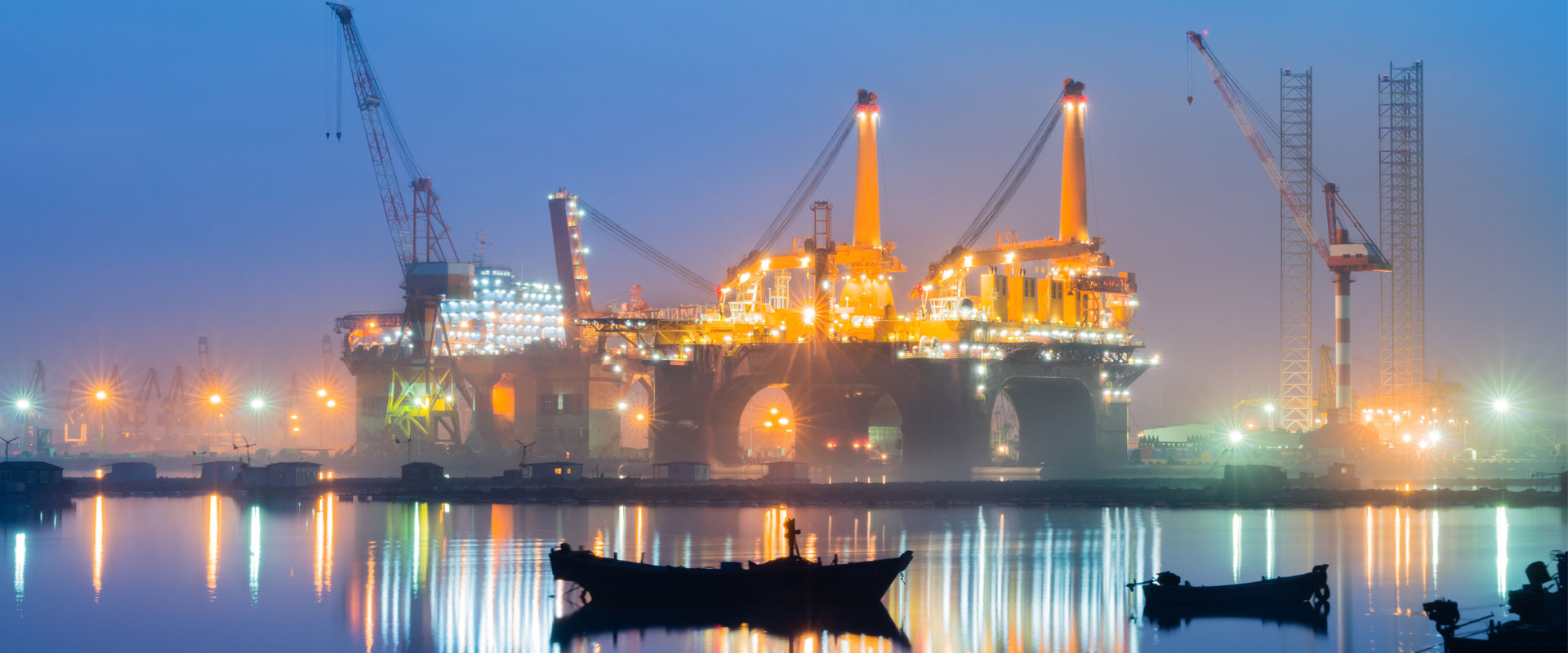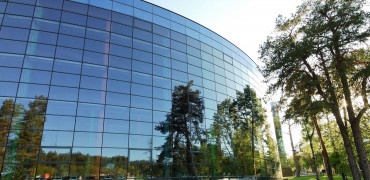Fuel security – the drive to rebalance
More and more important for Government strategy is the issue of fuel security. It’s predicted that in coming years 70% or more of the energy the UK uses will be imported.
We now depend on international energy markets including Norway, Qatar and Saudi Arabia, which face growing demand from emerging markets such as China and India. We need a more balanced energy supply in terms of both source and type.
Fossil fuels will remain a part of the mix for the foreseeable future, but it’s accepted that we need to rely less on these and to increase the proportion of renewable energy.
When people and companies use renewable energy, they become more connected with their consumption and this can help reduce it. Buildings with renewable technology not only provide some level of visible energy independence, behind the scenes they also consume less primary energy, thereby assisting fuel security.
Fuel prices – the struggle for affordability
The need to maintain an adequate heating level in homes coupled with rising energy prices has increased the number of households that need to spend more than 10% of their income on maintaining a satisfactory heating level.
Tackling “fuel poverty”, as this is termed, means reducing the cost of running our homes’ heating systems and introducing different heating technologies. Installing adequate insulation as promoted by the Government’s Green Deal is crucial too and will make the transition to lower-carbon heating options much easier.
Some 82% of energy used in homes is for heating space and water. We believe that microgeneration will have a key role to play in meeting this demand.



